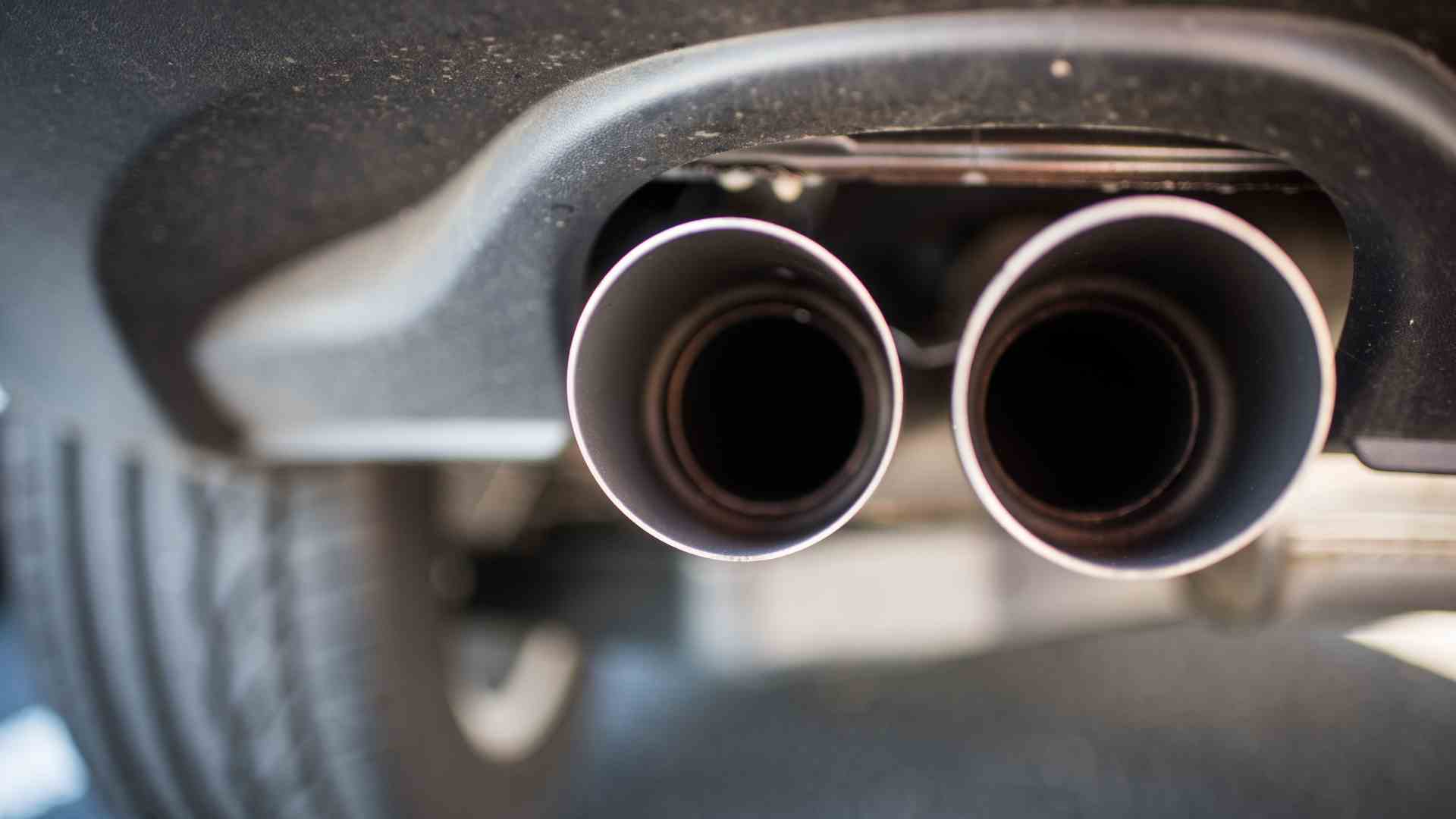FAQ
Status: 08.06.2022 7:22 p.m
According to the will of the EU Parliament, the sale of new cars with combustion engines should be banned from 2035. Which vehicles does this apply to? Which manufacturers go further? And: Does that mean the end of the combustion engine?
What has the EU Parliament decided?
A majority of MEPs voted in favor of manufacturers in the EU only being allowed to bring cars and vans onto the market from 2035 that do not emit any climate-damaging greenhouse gases. At the same time, the majority in the EU Parliament spoke out in favor of not counting synthetic fuels with which a classic combustion engine could be operated in a climate-neutral manner. As a result, the implementation of these resolutions would mean the actual end for the combustion engine from the middle of the next decade – and with it a sales freeze for new private cars and light commercial vehicles with diesel or petrol drives. The aim is to switch to electromobility. With their decision, the members of parliament followed a proposal that the EU Commission had submitted as part of the planned “Fit for 55” climate package.
Does that mean the end of the combustion engine is a done deal?
no Because in order to ban the new registration of cars with combustion engines from 2035, the EU member states must agree in addition to the European Parliament – or more precisely their governments. At the end of the month, the EU states want to define their position on the ban on the sale of petrol and diesel cars – the federal government supports the planned phase-out of combustion engines in 2035. After that, parliament and EU states still have to agree on a common position in negotiations so that the ban on combustion engines can come into force. With their vote, the members of parliament determined the position of the parliament for the forthcoming negotiations.
Why was the action voted on?
According to calculations by experts, more than a fifth of all emissions of climate-damaging CO2 from road traffic in the EU are caused by burning fossil fuels such as petrol and diesel. According to the plans of the EU Commission, this high proportion is to be significantly reduced in order to be able to achieve the goal of a climate-neutral Europe by 2050. By then, Europe should be the first continent to only emit unavoidable greenhouse gases and to completely offset these few emissions.
Why is the EU setting these goals?
The majority of scientists agree that humans are responsible for climate change – among other things through excessive CO2 emissions. The measures are intended to limit further global temperature rise – to well below two degrees, if possible below 1.5 degrees, compared to the pre-industrial age.
Which car companies have more ambitious plans?
Irrespective of the decision of the European Parliament, a number of car manufacturers want to focus entirely on electric cars much earlier.
The British brand has one of the most far-reaching decisions jaguar caught. From 2025, all models will be fully electric.
Also the multi-brand group Stellantis goes much further than demanded by some politicians. That’s how the Italian brand should be Lancia return to the international market exclusively with all-electric models from 2024. fiat According to the boss of the Italian Stellantis subsidiary, Olivier Francois, wants to sell only pure electric cars in Europe from 2027 and thus three years earlier than previously planned. According to the current status, the German brand will follow one year later than Fiat Opel. For the French Stellantis brands citroen and peugeot According to experts, such a step would also no longer be a surprise.
In 2030, the BMW subsidiary is planning Rolls Roycethe luxury Toyota brand Lexus and Volvo also to only offer purely electric models in Europe.
What plans do individual states and regions have?
In Europe, the non-EU country is progressing Norway particularly fast forward. From 2025 there will be no new registrations of cars with combustion engines in the northern European country. In view of the current share of fully electric cars in new registrations of more than 80 percent, this goal appears to be achievable.
Five years later want Denmark, Ireland, Icelandthe Netherlands, Sweden and Slovenia Also ban new registrations of cars with internal combustion engines.
How big is the stock of electric cars?
In Germany, the stock is still manageable. At the turn of the year, around 618,000 purely electric cars were registered in Germany. For comparison: the number of petrol engines was 31 million, that of diesel at almost 15 million. Only about every 81st car was a fully electric model.

